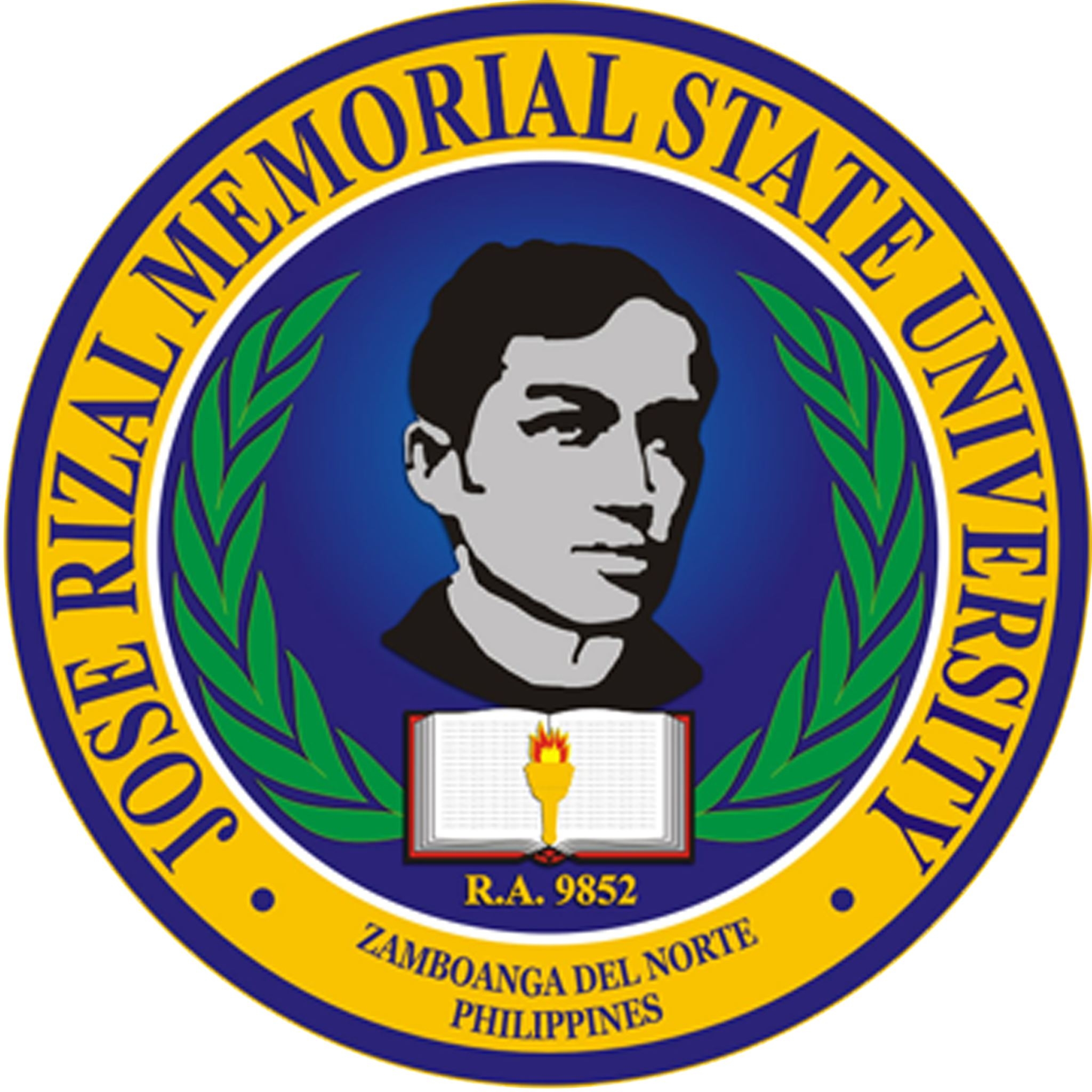ADAPTIVE LEADERSHIP IN EDUCATION: A QUALITATIVE EXPLORATION OF LEADERSHIP STYLES IN RESOURCE-CONSTRAINED SCHOOLS IN THE PHILIPPINES
Keywords:
Adaptive leadership, transformational leadership, servant leadership, rural schools, SDG 4, SDG 8, school management, ; crisis leadership, teacher retention, inclusive leadershipAbstract
Leadership in education plays a pivotal role in ensuring quality learning outcomes, particularly in resource-constrained environments. This study explores the application of various leadership styles—transformational, situational, transactional, servant, instructional, and operational—within rural schools in the Philippines. Grounded in the United Nations Sustainable Development Goals (SDGs), particularly SDG 4 (Quality Education) and SDG 8 (Decent Work and Economic Growth), this research examines how these leadership styles impact school management, teacher retention, and classroom dynamics. Using qualitative field research methods, including non-participant observations, semi-structured interviews, and document analysis, the study provides in-depth insights into the leadership behaviors most effective in addressing the unique challenges of rural schools. The findings suggest that adaptive leadership approaches—such as transformational and servant leadership—play a critical role in fostering collaboration, managing crises, and improving teacher retention in resource-limited settings. By integrating these adaptive strategies, school leaders can enhance educational outcomes in similar contexts worldwide.





